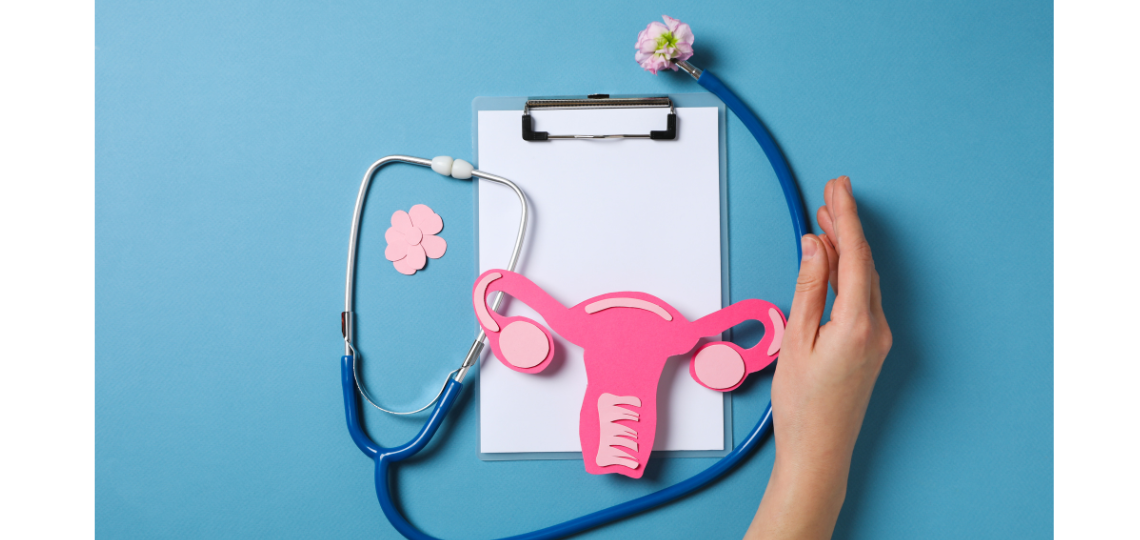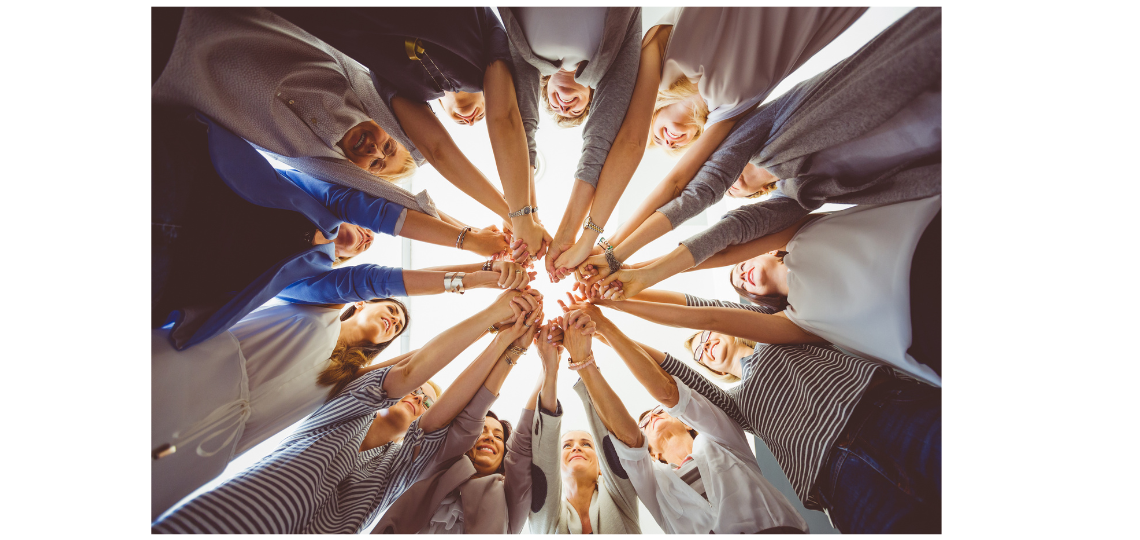As 2020 comes to a close, I’m reflecting on all we have accomplished as a community, and I want to express my gratitude to each of you. We have hit a milestone of enrolling 30,000 women, we were awarded a $9 million NIH grant to increase diversity within our study and expand enrollment to new sites in the South Eastern US and Chicago, and we launched our new website with educational resources. With your continued engagement, we will learn how different approaches to breast cancer screening and prevention can save women’s lives.
Despite these accomplishments, it’s been a difficult year. I’ve seen firsthand the impact this pandemic has had on our hospital systems, healthcare workers, families, and on our WISDOM Community. As you may know, the WISDOM Study launched a sub-study to learn about COVID-19 and women’s health. Your participation in these surveys has provided key insights into the impact of COVID-19 on health and well-being. We have read through each of your responses and acknowledge the high levels of stress, anxiety, and loss experienced this year. We also acknowledge the selflessness, resilience, and optimism that this pandemic has fostered. It’s reminded us of the importance of community in helping us survive and thrive.
You are an integral part of the WISDOM community, and your engagement is essential. The scientific advances we make around breast cancer depend on your involvement and the information you share with us. Please let us know if you have changes to your breast health (such as a biopsy or breast cancer diagnosis) and inform us of the breast screening schedule you pursue. We hope you will follow our recommendations, but if you choose not to, please tell us why – understanding your preferences for care is critical for the development of breast screening guidelines. Remember – by filling out your yearly surveys, you’re making a difference in the future lives of women.
During a time like this, when access to healthcare and services are limited, it becomes even more important to know about your risk for breast cancer. Knowing if you are at higher risk helps doctors like me determine whether your screening can wait until the pandemic rates flatten, or not. It is generally safe to get screened at a facility that is following pandemic safety rules (such as mask-wearing, sanitizing, staggering patient appointments so less people are in a waiting area at the same time). During times when the pandemic is surging in your area, you may want to adjust when you go in for care. It’s important for women who’ve been identified as having high risk for breast cancer to go in for screening when it is recommended by WISDOM or your provider.
I remain optimistic about the future and there is a lot to look forward to in 2021. Vaccines are rolling out and we have hope that our lives will return to some semblance of normal toward the middle-to-end of 2021. One lesson of the pandemic is that critical threats must be met with urgency. Breast cancer remains a critical issue for women and we must re-double our efforts to reduce risk and find aggressive cancers early. WISDOM is an important step toward this goal. We have grown to a community of over 30,000 WISDOM-strong women, and we thank you for helping us grow by sharing WISDOM with your family and friends. Last, I want to acknowledge the wonderful feedback shared by participants this year. We’ve incorporated your suggestions into our communications and the new WISDOM website. Please visit www.thewisdomstudy.org to check it out!
On behalf of the entire WISDOM Study team, I wish you a healthy and happy holiday season.
Warmly,
Dr. Laura Esserman
WISDOM Study Founder
Alfred A. de Lorimier Endowed Chair in General Surgery, UCSF; Professor, Departments of Surgery and Radiology, UCSF; Director, Carol Franc Buck Breast Care Center; Co-Leader, Breast Oncology Program, UCSF Helen Diller Family Comprehensive Cancer Center



